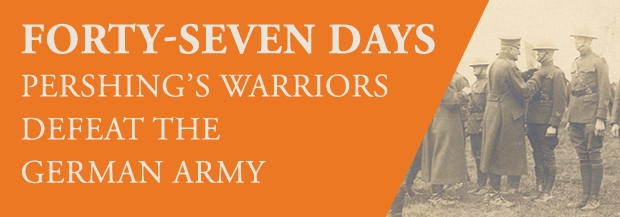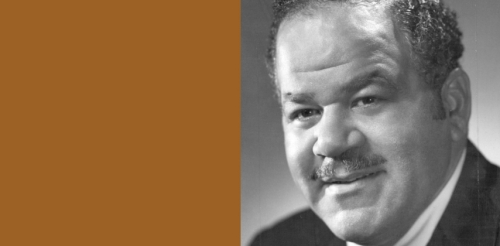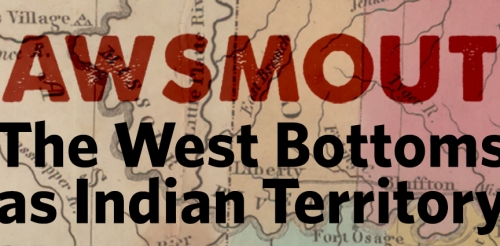All Library locations will be closed Monday, January 19 for Martin Luther King, Jr. Birthday.
In the fall of 1918, more than a million U.S. soldiers faced a better trained and more experienced German army on the Western Front of World War I. The Meuse-Argonne Offensive was the Americans’ largest and bloodiest campaign of the war, but the troops led by Gen. John J. Pershing were victorious and helped bring the Great War to an end.
In a discussion of his book, Forty-Seven Days: How Pershing’s Warriors Came of Age to Defeat the German Army in World War I, archivist and historian Mitchell Yockelson recounts how the U.S. military proved itself on the battlefield and the Missouri-born Pershing became a celebrated hero.
Yockelson works in the Inspector General’s office of the National Archives and Records Administration.


